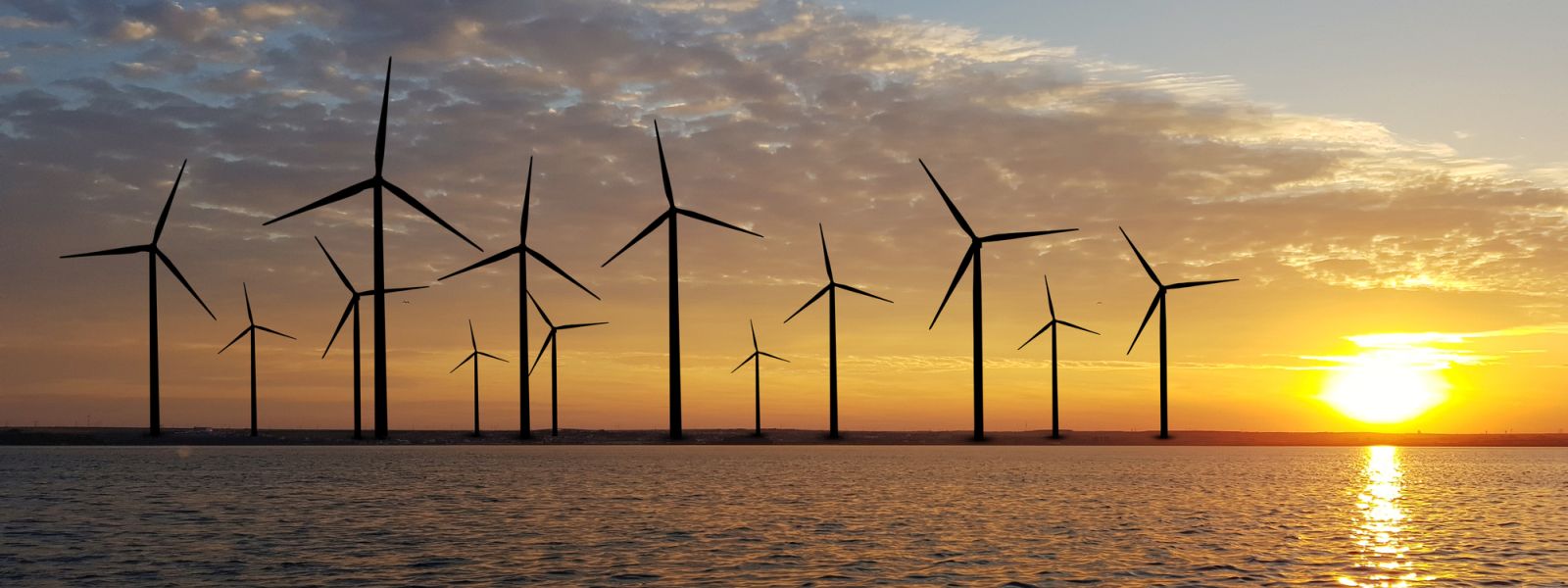
A University of Strathclyde academic has been appointed to a new government advisory council to support the UK’s transition to clean energy.
Professor Feargal Brennan, Professor of Offshore Engineering at Strathclyde, is among 16 leading academic and industry experts on the Science and Technology Advisory Council, which will provide independent, evidence-based advice to the Department for Energy Security and Net Zero.
The Council met for the first time on 9 July and will inform decision-making on areas critical to the clean energy transition, including climate science, energy systems, artificial intelligence and engineering.
Specialist expertise
Professor Brennan, who also serves as Research Director of the Wind & Marine Systems and Structures Centre for Doctoral Training and Director of the Engineering and Physical Sciences Research Council (EPSRC) Supergen Offshore Renewable Energy Programme, will provide specialist expertise in offshore energy.
He said:
It is an honour to contribute to this important mission to support the UK's transition to clean power. Offshore energy will be central to achieving our goals for energy security and sustainability, and I look forward to working with colleagues across science and industry to help shape effective, evidence-led policy.
The Council will convene quarterly and advise the Energy Secretary and other senior officials. It is co-chaired by Paul Monks, Director General and Chief Scientific Adviser at the Department for Energy Security and Net Zero, and Professor David Greenwood, Chief Executive of the High Value Manufacturing Catapult at Warwick Manufacturing Group.
Clean power
Energy Secretary Ed Miliband said: “Evidence-based decision-making is fundamental to the drive for clean power and tackling the climate crisis, with informed policymaking the key to securing a better, fairer world for current and future generations.
“To give our mission the very best chance of success, the Science and Technology Advisory Council will draw on the knowledge and wisdom of some of the finest scientific minds of the nation – because clean power offers a huge prize of energy security, lower bills and good jobs.”
Paul Monks added: “Robust scientific research and evidence is vital to inform decisions, as we break new ground with the mission for clean power by 2030 and accelerate to net zero.”